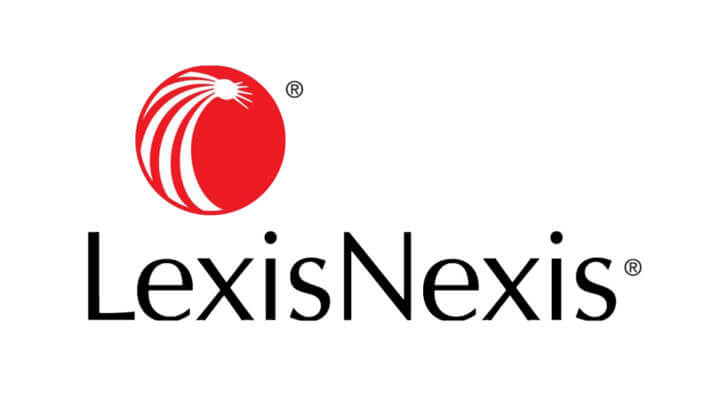BCL partner John Binns discusses with LexisNexis the new Global Human Rights Sanctions Regulations 2020, popularly referred to as ‘Magnitsky’ sanctions, and offers advice on the practical steps businesses and lawyers can take to comply with the sanctions.
Here’s an extract from the article:
How will the human rights sanction regime work?
The Regulations allow ministers to designate persons whom they have reasonable grounds to suspect are ‘involved persons’ with respect to such activities (as very broadly defined), if they consider that the designation is appropriate. The Foreign & Commonwealth Office has published guidance on the factors the government will consider when designating people under the Regulations. SAMLA 2018 contains provisions about ministers’ powers and duties to revoke or vary designations, the right of designated persons to ask for reviews, and the process for reviews by the courts.
On the same day that the Regulations were made, a set of designations was issued for the purposes of immigration and financial sanctions, which includes: Russians said to have been associated with the killing of Magnitsky himself (and others said to have failed to investigate both his original allegations and his mistreatment); Saudi Arabians said to have been associated with the killing of the journalist, Kamal Khashoggi; senior officers of the Myanmar armed forces; and North Korean state organisations responsible for security and prisons.
With respect to financial sanctions, the Regulations impose prohibitions (which apply in the UK and extraterritorially, to UK persons) on any person from:
- dealing with the assets of designated persons
- making funds or economic resources available to them or for their benefit, and
- circumventing financial sanctions
With respect to immigration sanctions, persons designated for this purpose are ‘excluded persons’ for the purposes of section 8B of the Immigration Act 1971 (imposing, in effect, a travel ban on the listed individuals).
There are standard exceptions to the prohibitions, and a list of purposes (contained in a schedule) for which licences may be issued by the Office for Financial Sanctions Implementation (OFSI), including basic needs and legal expenses.
A person is not liable for civil proceedings for acts done in the reasonable belief that the act is in compliance with sanctions regulations. This is provided for by SAMLA 2018, s 44.
There are reporting requirements on relevant firms (roughly equivalent to the ‘regulated sector’ for money laundering purposes, but also including all law firms and sole practitioners, even when working outside that sector), powers to request information, and related offences.
This article was originally published by LexisNexis on 10/07/20. You can read the full version on their website.

